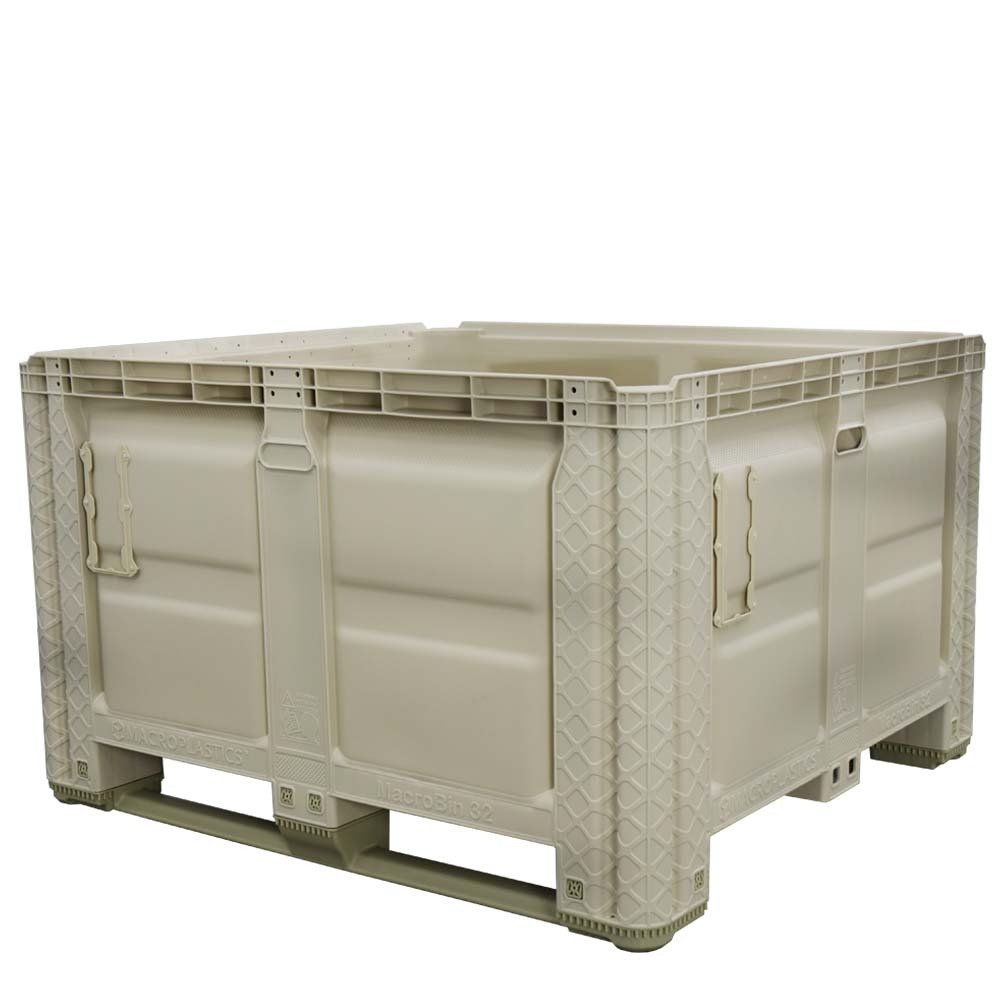In today’s global landscape, the pressing need for eco-friendly solutions is more critical than ever before. One area that demands immediate attention is the transportation and logistics sector, which often relies heavily on single-use plastics, contributing significantly to environmental degradation. However, a promising avenue for mitigating this impact lies in repurposing used plastic bulk containers for transportation purposes. These containers, typically used in various industries for the storage and transport of goods, have the potential to be transformed into sustainable assets. By implementing a systematic approach to collect, clean, and refurbish these containers, companies can significantly reduce their reliance on virgin plastic while simultaneously curbing waste generation. The process begins with the collection of used plastic bulk containers from diverse sources such as manufacturing facilities, warehouses, and distribution centers. Establishing efficient collection channels, either through partnerships with businesses or dedicated recycling initiatives, is essential to ensure a steady supply of containers for refurbishment.

Once collected, the containers undergo thorough cleaning and inspection to ensure they meet quality standards for reuse. Advanced cleaning technologies, including sterilization methods and automated washing systems, help eliminate contaminants and residue, rendering the containers safe and hygienic for subsequent use. After cleaning, the containers are assessed for any damages or defects that may compromise their structural integrity and used plastic bulk containers for sale. Repairing minor damages and reinforcing weak points not only extends the lifespan of the containers but also enhances their durability for long-term use. Next, customization options are explored to optimize the containers for specific transportation requirements. This may include installing features such as RFID tags for tracking, ergonomic handles for ease of handling, or custom fittings to accommodate specialized goods. Once refurbished and customized, the containers are reintroduced into the logistics supply chain, serving as sustainable alternatives to traditional packaging materials. Whether used for the transportation of raw materials, finished products, or perishable goods, these eco-friendly containers offer a viable solution to reduce the environmental footprint of logistics operations.
By investing in reusable assets rather than continually purchasing disposable packaging, companies can realize significant cost savings over time. Additionally, embracing sustainability initiatives can enhance brand reputation and appeal to environmentally conscious consumers, further driving market competitiveness. Beyond the immediate benefits to businesses, the widespread adoption of refurbished plastic bulk containers carries broader environmental implications. By diverting plastic waste from landfills and reducing the demand for virgin plastic production, this approach contributes to overall waste reduction efforts and helps mitigate the adverse effects of plastic pollution on ecosystems and marine life. In conclusion, repurposing used plastic bulk containers for transportation represents a practical and sustainable solution to address the environmental challenges associated with single-use plastics in the logistics sector. Through collaborative efforts among businesses, policymakers, and consumers, this approach can pave the way towards a more circular economy where resources are conserved, waste is minimized, and environmental stewardship is prioritized.
